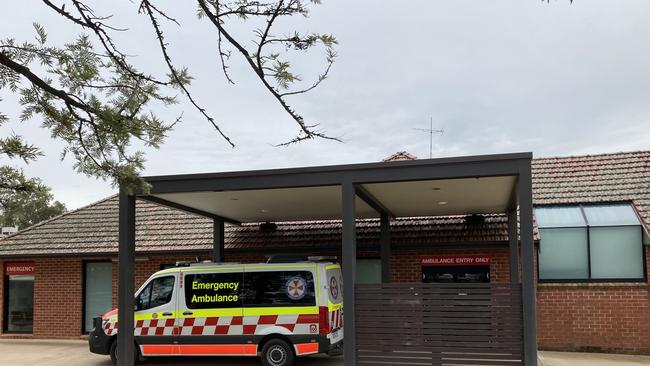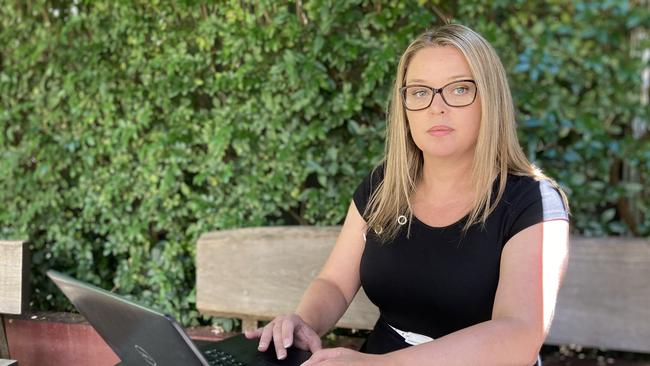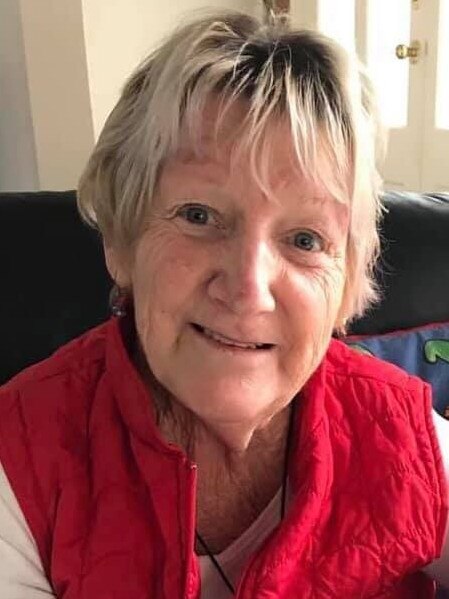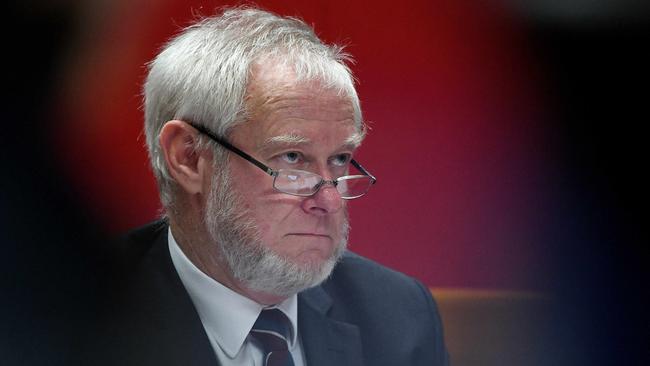Regional NSW healthcare: Shine Lawyers, nurses speak out
The nurses union says a shortage of healthcare workers, including a palliative care doctor in Dubbo, is a “tragedy just waiting to happen”.

Dubbo News
Don't miss out on the headlines from Dubbo News. Followed categories will be added to My News.
A leading medical negligence lawyer and the nurses union say healthcare workers in country communities are at breaking point because of staff shortages NSW Health is failing to fix.
The claims were made during a meeting of healthcare workers in Dubbo and as an Opposition MLC announced the extension of a public feedback period due to “significant interest” in a parliamentary inquiry into the state of healthcare in country NSW.

NSW Nurses and Midwives Association organiser Tracey Coyte was at the meeting with nurses who told of the pressure they’re under due to doctor shortages.
“There’s a real dilemma around attracting all sorts of health professionals to rural, regional and remote parts of NSW,” she said.
“I was shocked to hear that there is actually no palliative care doctor in Dubbo. Dubbo is a base hospital and they’re struggling to get a designated palliative care doctor.
“We need more nursing staff, more doctors and we need more funding.”
Ms Coyte said while telehealth services were “fantastic” they were no substitute for a doctor on the ground in life or death situations, as was shown in the tragic case of school teacher Dawn Trevitt — who died from a gastrointestinal rupture while a virtual doctor treated her in Gulgong.
“When you have got someone who is critically unwell, a doctor on a TV screen just does not cut it,” Ms Coyte said.
“It’s breaking these nurses hearts that they don’t have what they know they need to give the best possible care to these community members.”

Rising mental illness rates also presented huge risks for healthcare workers and patients, Ms Coyte said.
“With an increase in mental health presentations in hospitals out here, there is a real concern,” she said.
“What do you do with a psychotic mental health patient when you don’t have the back up of adequate staff, a doctor, a couple of paramedics who can come in and help you or even a police officer?
“It is a disaster and tragedy just waiting to happen. Unfortunately like many things, when it goes bad then change seems to happen. We want to get the change happening before that tragic disaster happens out here.”
National medical negligence practice manager at Shine Lawyers, Clare Eves, attended the meeting in Dubbo and said what she heard mirrored other anecdotal feedback from clients she’d represented.
“There’s a huge problem, it needs to acknowledged, we need to look into it and we need to have some rectification of it, we can’t keep carrying on the way we are,” she said.
“The nurses are just exhausted, they’re overwhelmed and they’re stressed and they care so much.”

Ms Eves said the staff shortages were leading to avoidable deaths.
“We represented a family a number of years ago whose mother presented to Dubbo Base Hospital complaining of right elbow pain after being referred by her GP with a letter querying septic arthritis and requesting urgent treatment.
“Despite the referral and initial tests strongly indicating infection, a diagnosis was not made and she was not administered appropriate treatment. Her condition continued to deteriorate without appropriate treatment and she died of complications of her condition which could have easily been avoided with administration of antibiotics.”

Cases like this were still occurring, Ms Eves said.
“We recently spoke to a family member of a patient who … was flown to Dubbo Base Hospital following multiple injuries sustained in a motor vehicle accident in early 2020,” she said.
“He remained at Dubbo Base Hospital for around five and a half weeks, where he was allowed to become grossly unwell and septic.
“He was subsequently transferred to RPA in a critical condition, where he passed away. The matter is currently with the state Coroner.”
Ms Eves said inquiries had been conducted before, but nothing changed for country patients.
“Instead of hospitals looking at the 90 per cent that they’re doing well or whatever the number is, look at the things you’re not doing well because that’s actually costing people their lives, their relationships, their ability to earn an income,” she said.
A Western NSW Local Health District spokeswoman said palliative care doctors from RPA visited the region and the nearest specialists palliative care doctor was based at Orange Hospital.
“There are four palliative care nurses working from Dubbo Hospital and we are currently working through the recruitment process to employ another palliative care nurse at Dubbo,” she said.
“The NSW government is investing $2.8 billion in a record workforce boost of 8300 frontline hospital staff, including 5000 nurses and midwives, 45 per cent of those for regional and rural areas.
“Since 2012 the NSW Health workforce in rural and regional areas has increased by 7502 full-time equivalents … an increase of 20.6 per cent.”

Greg Donnelly MLC, chair of the parliamentary inquiry into the state of healthcare in country NSW, said the public would have until January 15 to make submissions to the inquiry.
“Recent media attention has continued to highlight issues around the provision of health services in rural, regional and remote areas of the state, including telehealth services,” he said.
“This inquiry is an opportunity for people living in these areas to have their views heard and for the committee to gather valuable information on health and patient outcomes in those areas.”
- Make a submission to the inquiry




